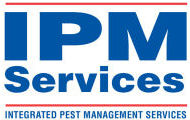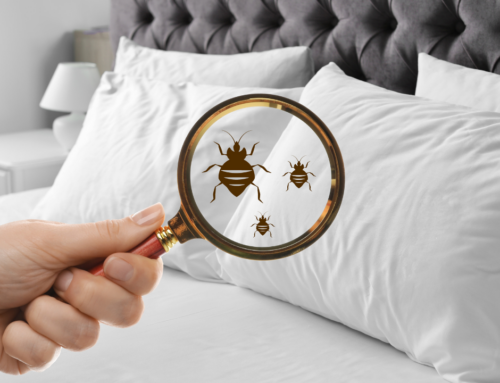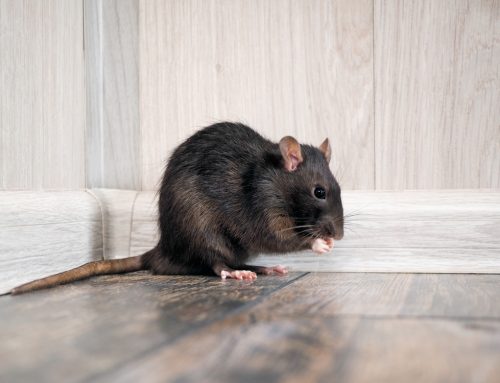
As a real estate agent, the success of your business hinges on the quality and value of the properties you represent. One critical aspect often overlooked is pest control, particularly in residential areas where various pests thrive. From ants and cockroaches to termites and rodents, these uninvited guests can cause significant property damage, negatively affecting its value and appeal. Furthermore, pests can pose health risks and potential legal liabilities, making pest control an essential service for every real estate professional.
The Menace of Household Pests
Residential areas are often a breeding ground for various types of pests. Common household pests include ants, cockroaches, bed bugs, rats, mice, fleas, spiders, termites, and even wasps. These pests cause discomfort and pose serious threats to property and health. For instance, termites can compromise the structural integrity of a home, while rodents and cockroaches are known carriers of diseases.
The Importance of Pest Control for Real Estate Agents
Pest control is crucial in maintaining property values. A pest-infested property is less appealing to prospective buyers or renters, lowering its market value. Moreover, pest infestations can lead to costly repairs and renovations, further diminishing the property’s profitability.
In addition to protecting property values, pest control promotes safety and hygiene for residents. Pests such as rodents, mosquitoes, and cockroaches can carry diseases, posing health risks to occupants. By ensuring a pest-free environment, real estate agents can provide a safer and healthier living space for their clients.
Furthermore, real estate agents can avoid potential legal liabilities by prioritizing pest control. In certain jurisdictions, property owners and their agents can be held legally responsible for any health issues arising from pest infestations.
Integrated Pest Management Services: An Environmentally Responsible Approach
Integrated Pest Management Services (IPM) offers an environmentally responsible approach to pest control. Unlike traditional methods that heavily rely on pesticides, IPM focuses on prevention strategies, such as habitat modification, biological control, and the use of resistant plants. Only when these methods are insufficient, does IPM resort to the least harmful pesticides, therefore reducing the environmental impact.
By choosing IPM, real estate agents can effectively address pest issues while demonstrating their commitment to environmental sustainability. This not only enhances the appeal of the properties they represent but also aligns with the growing consumer demand for eco-friendly practices.
Conclusion
In conclusion, pest control, particularly through an environmentally conscious approach like IPM, is a crucial aspect that real estate agents should not overlook. It safeguards property values, ensures the safety and hygiene of residents, and mitigates potential legal liabilities, all while promoting environmental sustainability.








